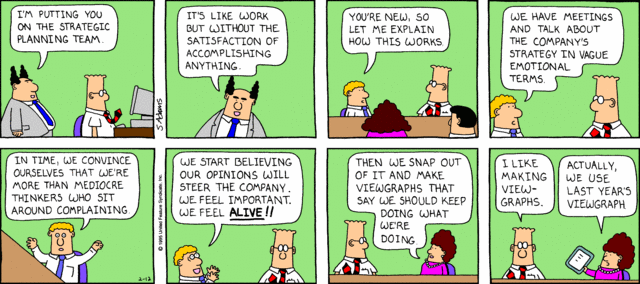Leadership: A-Z Blogging Challenge
As my master's thesis was on Transformational Culture Leadership I just couldn't pass up the chance to share some favorite thoughts. Then again, I rarely have trouble sharing thoughts. It's not holding them back that often gets me in trouble. I'm a servant-leader by the way, which is also transformational. The graphic below was the basis of my research: that when we combine organizational learning and transformational leadership with an understanding of organizational culture, we get dramatically improved organizational citizenship behavior that leads to adaptability, productivity and sustainability. All of which improves profitability of course, but that's an outcome of serving a greater purpose.
“Leaders’ influence will turn on their own qualities of character, expertise, prestige, intelligence, charm and credibility, but these will have little impact unless they engage the relevant needs and motivations of the persons being influenced. James McGregor Burns, 1978
“The servant-leader is servant first… It begins with the natural feeling that one wants to serve, to serve first. Then conscious choice brings one to aspire to lead. That person is sharply different from one who is leader first; perhaps because of the need to assuage an unusual power drive or to acquire material possessions…The leader-first and the servant-first are two extreme types. Between them there are shadings and blends that are part of the infinite variety of human nature. The difference manifests itself in the care taken by the servant-first to make sure that other people’s highest priority needs are being served. The best test, and difficult to administer, is: Do those served grow as persons? Do they, while being served, become healthier, wiser, freer, more autonomous, more likely themselves to become servants? And, what is the effect on the least privileged in society? Will they benefit or at least not be further deprived?"
“The leaders who work most effectively, it seems to me, never say "I." And that's not because they have trained themselves not to say "I." They don't think "I." They think "we"; they think "team." They understand their job to be to make the team function. They accept responsibility and don't sidestep it, but "we" gets the credit. This is what creates trust, what enables you to get the task done.” Peter F. Drucker
Our country, government, and organizations could all use improved leaders over self-interest exploitation that has done so much damage globally. Willing to step up where you are?
“Leadership
is the inspiration and mobilization of others to undertake collective action in
pursuit of the common good.” Crosby & Bryson, 2005
“Leaders’ influence will turn on their own qualities of character, expertise, prestige, intelligence, charm and credibility, but these will have little impact unless they engage the relevant needs and motivations of the persons being influenced. James McGregor Burns, 1978
“The servant-leader is servant first… It begins with the natural feeling that one wants to serve, to serve first. Then conscious choice brings one to aspire to lead. That person is sharply different from one who is leader first; perhaps because of the need to assuage an unusual power drive or to acquire material possessions…The leader-first and the servant-first are two extreme types. Between them there are shadings and blends that are part of the infinite variety of human nature. The difference manifests itself in the care taken by the servant-first to make sure that other people’s highest priority needs are being served. The best test, and difficult to administer, is: Do those served grow as persons? Do they, while being served, become healthier, wiser, freer, more autonomous, more likely themselves to become servants? And, what is the effect on the least privileged in society? Will they benefit or at least not be further deprived?"
Robert Greenleaf, 1977
“The leaders who work most effectively, it seems to me, never say "I." And that's not because they have trained themselves not to say "I." They don't think "I." They think "we"; they think "team." They understand their job to be to make the team function. They accept responsibility and don't sidestep it, but "we" gets the credit. This is what creates trust, what enables you to get the task done.” Peter F. Drucker
Our country, government, and organizations could all use improved leaders over self-interest exploitation that has done so much damage globally. Willing to step up where you are?




Thank yyou for writing this
ReplyDelete